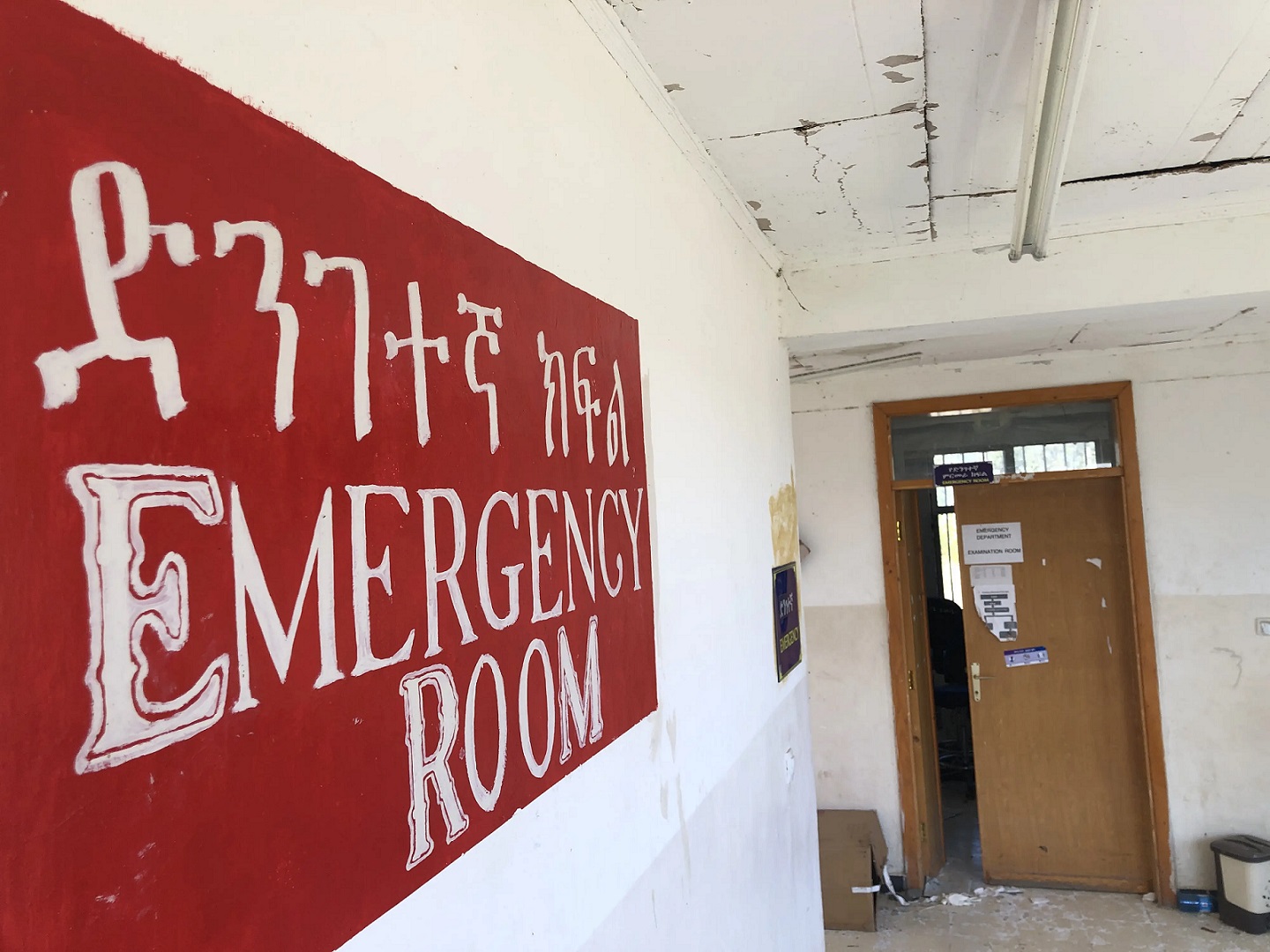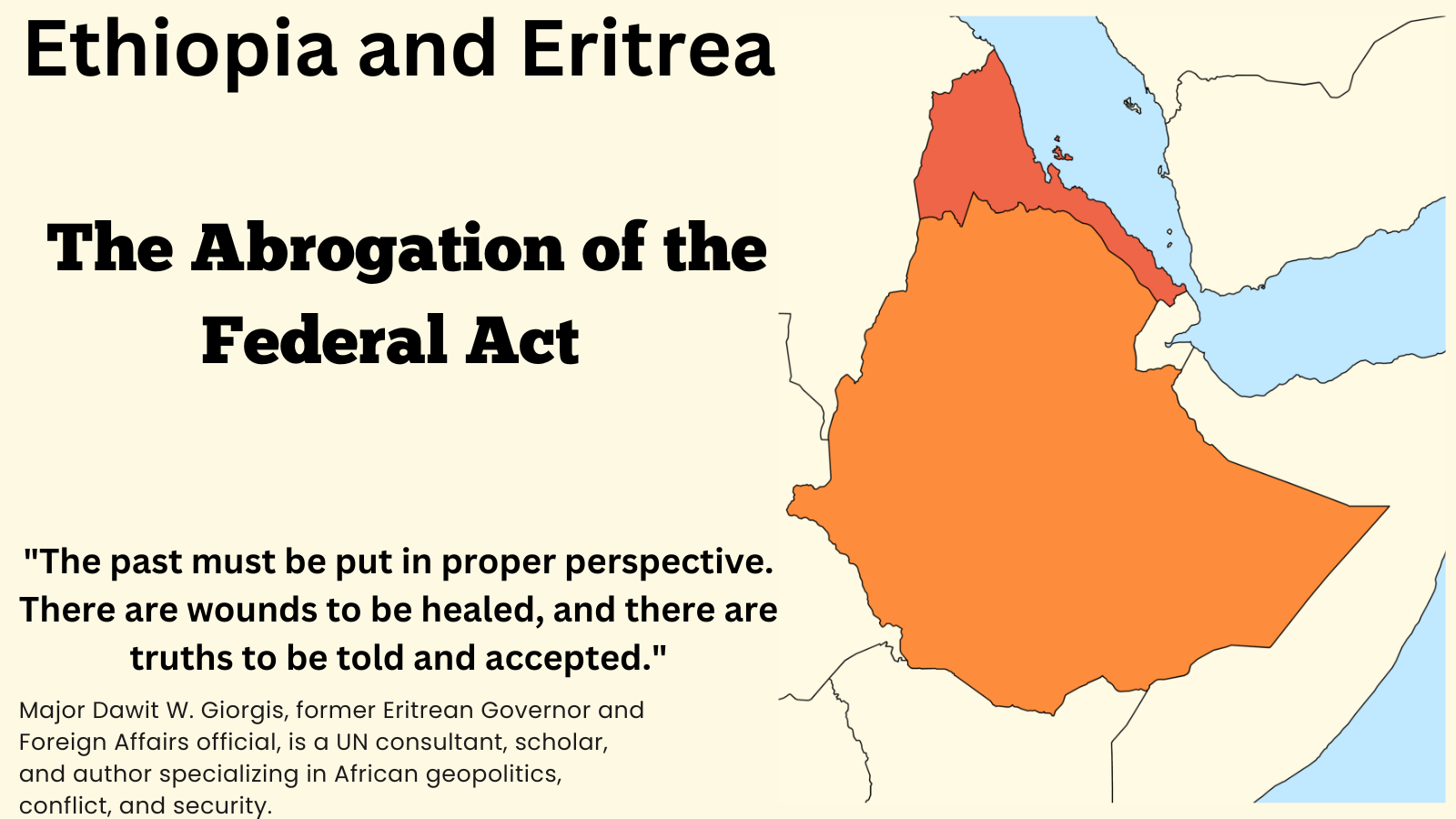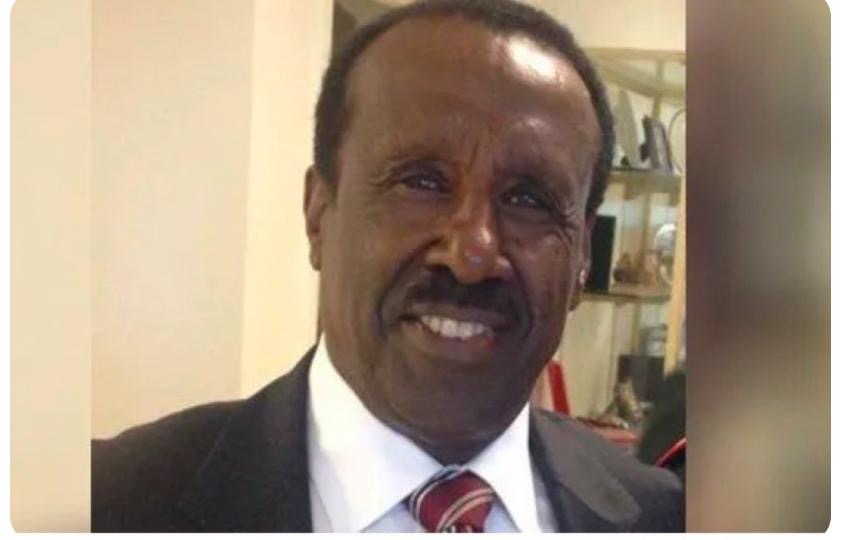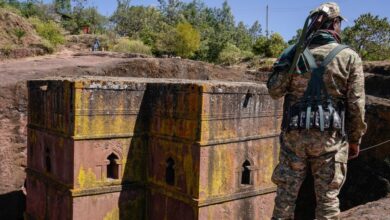Ethiopian Government Forces Committed War Crimes in Amhara Region—Human Rights Watch exposed pervasive and gross crimes
“If the Soldier Dies, It’s on You,”

In a harrowing report released today, Human Rights Watch (HRW) has detailed extensive attacks on medical care in Ethiopia’s Amhara region amidst ongoing conflict. Titled “If the Soldier Dies, It’s on You,” the report highlights severe violations of international humanitarian law by Ethiopian government forces and allied militias, raising alarms over potential war crimes.
War Overview
The immediate cause of the conflict was the government’s plan to disband the Special Forces. However, deep-rooted resentment among the Amhara people, stemming from decades of political and economic disenfranchisement and atrocities that amount to genocide and crimes against humanity by both state and non-state actors, also played a significant role. The Amhara region has been a battleground since August 2023, following the decision to dissolve regional special forces and integrate them into national military and police units. This decision, combined with longstanding grievances, sparked fierce resistance from local militias, particularly the Fano, escalating into full-blown conflict. Control over towns in the region has been tenuous, with clashes causing significant civilian casualties and infrastructure damage.
Personal Account: Dr. Solomon’s Struggle
Solomon was a doctor in the Amhara region of Ethiopia. When armed conflict broke out in August last year, pitting Ethiopian government forces against the Amhara militia group known as Fano, Solomon and his colleagues were overwhelmed. Hospitals were facing increasing casualties amid both diminishing resources and attacks by government forces. Like many medical professionals working in towns experiencing heavy fighting, Solomon was treating every type of patient, whoever needed medical attention.
The Ethiopian military took a dim view of such humanitarian spirit.
Andrew Stroehlein
When government forces took control of Solomon’s town in November, soldiers seized the hospital’s ambulance, accusing doctors of using it to help treat Fano militia fighters. They also started harassing Solomon and other staff, threatening them, and repeatedly searching the hospital, as well as their homes.
Despite all this, Solomon and his colleagues continued to treat patients. But by December, threatening phone calls mounted. He later found out the military had placed his name on a list of people suspected of providing medical treatment to Fano fighters.
Fearing for his life, Solomon eventually fled the town. He’s not alone. Growing numbers of doctors, nurses, and other healthcare workers in the Amhara region have had to stop practicing medicine or have relocated beyond the front lines.
Systematic Targeting of Medical Facilities and Personnel
HRW’s investigation focuses on 13 towns across Awi, North Gojjam, West Gojjam, North Gonder, South Gonder, and South Wollo Zones. The report documents how Ethiopian military forces have systematically targeted healthcare workers and facilities. Key findings include:
- Killing and Torturing Health Workers: Medical professionals have been subjected to arrests, threats, and physical assaults. In several instances, soldiers accused doctors of aiding Fano fighters, resulting in harassment and violence against those providing medical care.
- Misuse and Destruction of Medical Facilities: Hospitals and clinics have been raided, looted, and used for military purposes. Ambulances have been commandeered, and in one case, attacked by a drone strike.
- Obstruction of Medical Services: The military has obstructed access to medical care by detaining patients with injuries indicative of combat involvement. This has led to a significant number of casualties going untreated as wounded individuals avoid hospitals for fear of arrest.
Impact on Healthcare Access
The conflict has led to a devastating breakdown of healthcare services in the region. Hospitals are facing acute shortages of essential medicines and supplies, exacerbated by disrupted supply chains and administrative paralysis. Medical professionals report that vital services like x-rays and surgeries are no longer operational due to lack of resources.
“The situation is dire. We are unable to provide even basic medical care,” said Belete, a medical professional from the region. “Patients are either left untreated or forced to seek expensive private options.”
International and Regional Response
Despite widespread reports of abuses, the international community’s response has been muted. The recent decision by the UN Human Rights Council not to renew the mandate of the International Commission of Human Rights Experts on Ethiopia (ICHREE) has limited international scrutiny.
HRW calls for immediate action from international and regional bodies, including the African Union and European Union, to resume scrutiny and pressure Ethiopian authorities to comply with international humanitarian laws. They also urge the suspension of Ethiopian troops from peacekeeping missions pending an independent investigation into their conduct.
Conclusion
The HRW report sheds light on the grave humanitarian crisis unfolding in Ethiopia’s Amhara region. The targeted attacks on healthcare facilities and personnel not only violate international law but also severely hinder the region’s ability to respond to the ongoing conflict and its humanitarian fallout. Urgent international action is needed to address these abuses and ensure the protection of medical services and personnel.
As civilians continue to bear the brunt of fighting in the Amhara region and as war crimes mount, the questions become increasingly urgent for the outside world. What will Ethiopia’s international partners do? Will they insist on an end to attacks on healthcare facilities? Will they call for those responsible for war crimes to be held to account? And will there be any consequences from Ethiopia’s allies if the government refuses?
For more detailed information, the full Human Rights Watch report can be accessed here.




